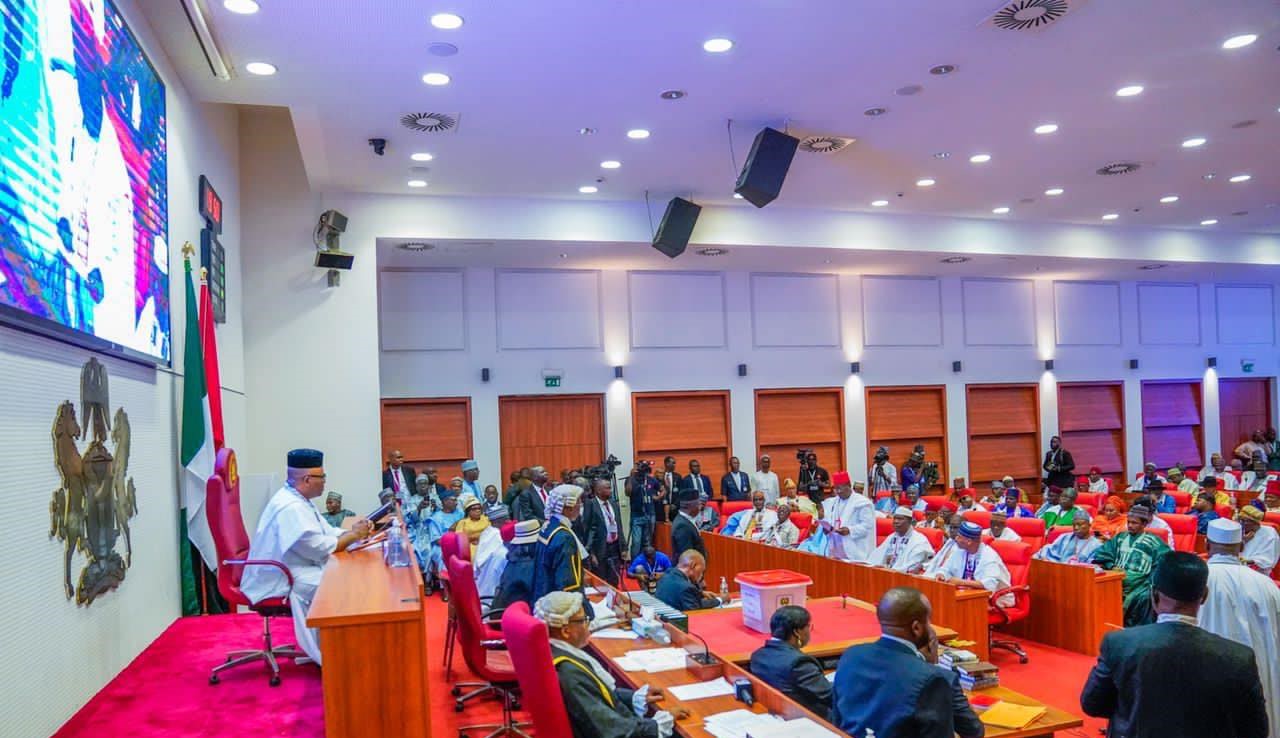The revised Student Loan Bill is now awaiting President Bola Ahmed Tinubu’s approval. The Senate recently passed the Student Loans (Access to Higher Education) Act (Repeal and Re-Enactment) Bill, 2024, following the review of the Senate Committee on Tertiary Institutions and TETFUND. The House of Representatives also passed the harmonized version of the bill into law. Both chambers swiftly passed the bill within three legislative days after President Tinubu submitted an Executive Bill last Thursday. One of the key features of the bill is the allocation of one per cent of collectable taxes by the Federal Inland Revenue Service (FIRS) to fund the scheme.
The FIRS has set a revenue target of N19.4 trillion for this year, having surpassed its 2023 target by 107 per cent with N12.37 trillion generated in 2023. Meeting the 2024 target would allocate N194 billion to the student loan fund. The bill establishes the Nigeria Education Loan Fund and removes the family income threshold as a requirement for accessing the loan. False declaration now carries a penalty of three years in jail, and there is loan repayment forgiveness in case of the beneficiary's death.
The Senate Committee Chairman, Muntari Dandutse (APC – Katsina South), presented the report during plenary. At the House, Chairman of the Committee on Students Loan, Scholarship and Higher Education Financing, Isiaka Adegboyega, stated that a joint committee of the Senate and House thoroughly reviewed the provisions, emphasizing that the re-enactment would enhance educational progress. Although the student loan program was supposed to start last Thursday, it has been postponed indefinitely. The new Bill replaces and supersedes the Student Loan Act, with both chambers suspending their relevant rules and passing the new Bill for the first reading last Thursday. They then referred the Bill to the Committee of the Whole for separate considerations before a public hearing.
President Tinubu had signed the defunct Student Loan Bill into law on June 12, 2023, to provide interest-free loans to Nigerians seeking higher education. The new Bill received expedited consideration in both chambers, proposing one per cent of all collectable revenue by the FIRS to fund the scheme. Notably, obstacles such as the need for a guarantor and parents' debt profiles have been removed, making it easier for students to access loans. The new Bill aims to establish the Nigerian Education Loan Fund (NELFUND) to provide loans for higher education, vocational training, and skills acquisition.




